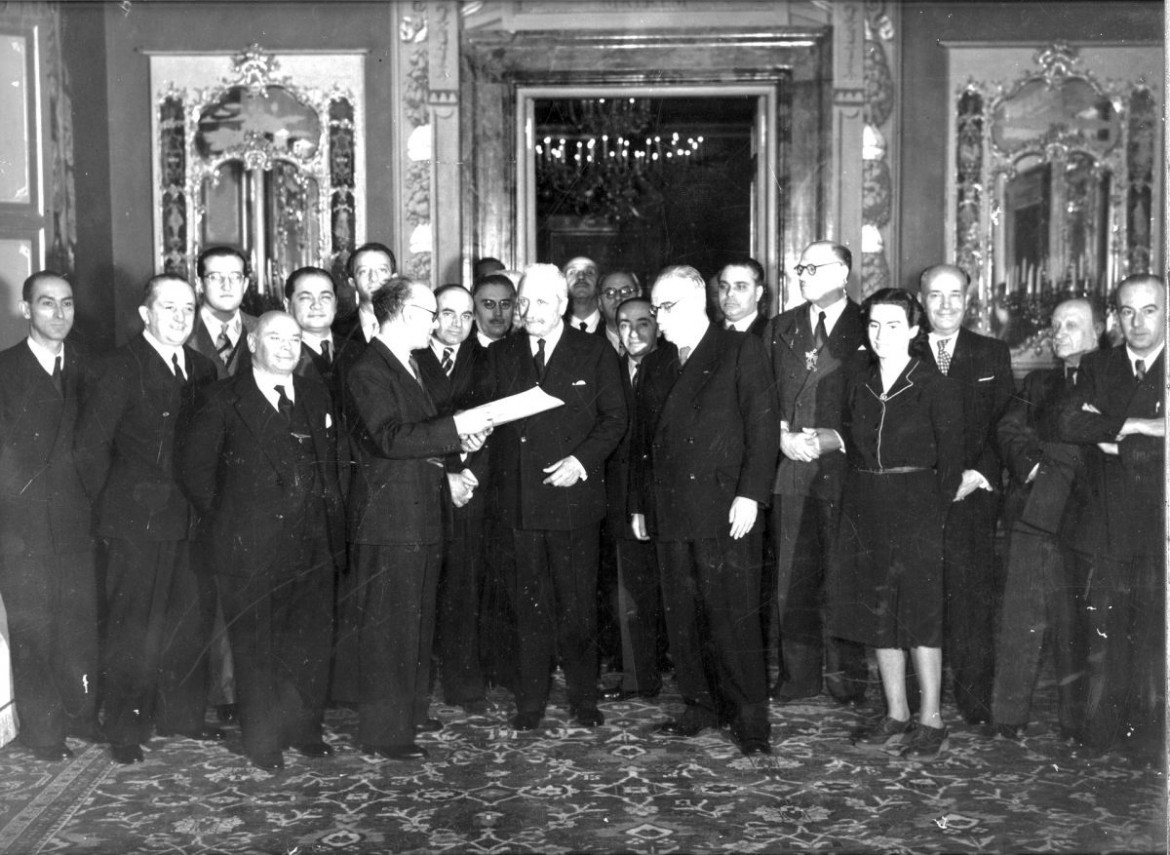Analysis
Should Italy follow Germany’s lead and remove ‘race’ from the Constitution?
When the Italian Constitution was written, it was assumed that the term 'race' didn’t just belong to the common language, but also had a certain scientific dignity. This is no longer the case today.

The elimination of the term “race” from the German Constitution could reopen the debate in Italy on whether a similar revision is advisable. That “cursed word,” as Meuccio Ruini called it in the Constituent Assembly, is also present in Article 3 of our Constitution.
The decision to use it to indicate one of the types of discrimination forbidden by the principle of equality was not one taken without tumult: the Union of Israeli Communities sent a letter to the Constituent Assembly in which it expressed its “humble request to replace the word ‘race’ with the word ‘lineage,’ leaving the former to dogs and horses.”
This proposal was put forward in the First Subcommittee by the monarchist Lucifero, but it found opposition from those who stressed the difference between the two concepts and the political value of the use of the word “race.” Writing it in the Constitution, Togliatti said, meant “repudiating the racial policy that Fascism had established.”
However, at that time, it was assumed that the term “race” didn’t just belong to the common language, but also had a certain scientific dignity. This is no longer the case today. For anthropologists, the word “race” is completely inadequate to describe human biological diversity, which means the constitutional text should be updated on the example of the initiatives taken in France and now in Germany.
In the last legislature, there were proposals put forward to replace the word “race” in Article 3 of the Constitution with “ethnicity,” or to add the words “color” and “ethnicity” together with it.
These attempts were unsuccessful and met with a lot of criticism. It was said that the language of the drafters reflected the spirit of the time, and, although scientifically incorrect, the use of the term “race” still retained a historical value and legal significance: in short, the text contains the word “race,” but one should read it as standing for “racism.”
On the other hand, it’s true that the fact that the term remains in the Constitution appears capable of generating confusion today—if we take into account that just a few years ago, on the subject of immigration, the current President of the Lombardy Region said that it was necessary to defend the “white race,” afterwards invoking the fact that the Constitution also spoke of “race.”
However, the marked symbolic connotation of such a revision requires the utmost caution: the simple elimination of the term could be read, paradoxically, as a legitimization of racial discrimination. Instead, a more reasonable solution would be to replace the word “race” with a combination of terms that would express its entire meaning. It would be an intervention of linguistic housekeeping, which, without running the risk of legitimizing distorted interpretations of the revision, would clearly show the scientific inconsistency of a category that has already been condemned by history.
Originally published at https://ilmanifesto.it/una-soluzione-di-pulizia-linguistica/# on 2020-12-04
